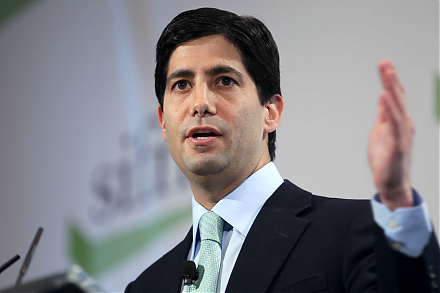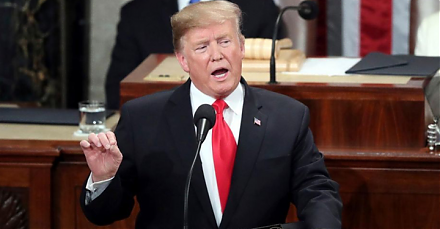

2019-12-04 14:35:00 Wed ET
trust perseverance resilience empathy compassion passion purpose vision mission life metaphors seamless integration critical success factors personal finance entrepreneur inspiration grit
Many billionaires choose to live below their means with frugal habits and lifestyles. Those people who consistently commit to saving more, spending less, and sticking to a reasonable budget are more likely to become millionaires and even billionaires. Many millionaires emphasize the freedom that comes with spending below their means. For instance, the great American money manager Warren Buffett indicates no desire for having multiple houses, multiple cars, or any other kinds of material items. Buffett still lives in his modest Omaha house, which he bought for $31,500 in 1958 and should be now worth about $276,700 after proper inflation adjustments. Instead of using a high-tech smart phone, Buffett continues to use a flip phone (although he invests substantially in Apple equity stakes).
Also, the self-made British billionaire Richard Branson spends little on clothes, fair watercolors, and luxury items. With modest middle-class roots, Branson indicates that it would embarrass him to enjoy a lavish lifestyle. Further, Facebook cofounder and chief Mark Zuckerberg drives a modest set of wheels. His main daily uniform comprises a simple T-shirt, a hoodie, and a pair of jeans. Many millionaires and billionaires enjoy more quality time with their family and friends than lavish lifestyle changes.
If any of our AYA Analytica financial health memos (FHM), blog posts, ebooks, newsletters, and notifications etc, or any other form of online content curation, involves potential copyright concerns, please feel free to contact us at service@ayafintech.network so that we can remove relevant content in response to any such request within a reasonable time frame.
2025-06-20 08:27:00 Friday ET

President Trump poses new threats to Fed Chair monetary policy independence again. We describe, discuss, and delve into the mainstream reasons, conc
2020-03-12 09:32:00 Thursday ET

Google CEO Eric Schmidt and his co-authors show the innovative corporate culture and mission of the Internet search tech titan. Eric Schmidt, Jonathan Ro
2019-12-22 08:30:00 Sunday ET

European Commission President Ursula von der Leyen now protects the European circular economy and green growth from 2020 to 2050. The new circular economy r
2019-02-06 10:36:49 Wednesday ET

President Trump delivers his second state-of-the-union address to U.S. Congress. Several key themes emerge from this presidential address. First, President
2019-01-13 12:37:00 Sunday ET

We need crowdfunds to support our next responsive web design and iOS and Android app development. Upon successful campaign completion, we will provide an eb
2019-02-28 20:44:00 Thursday ET

AYA Analytica finbuzz podcast channel on YouTube February 2019 In this podcast, we discuss several topical issues as of February 2019: (1) our proprieta